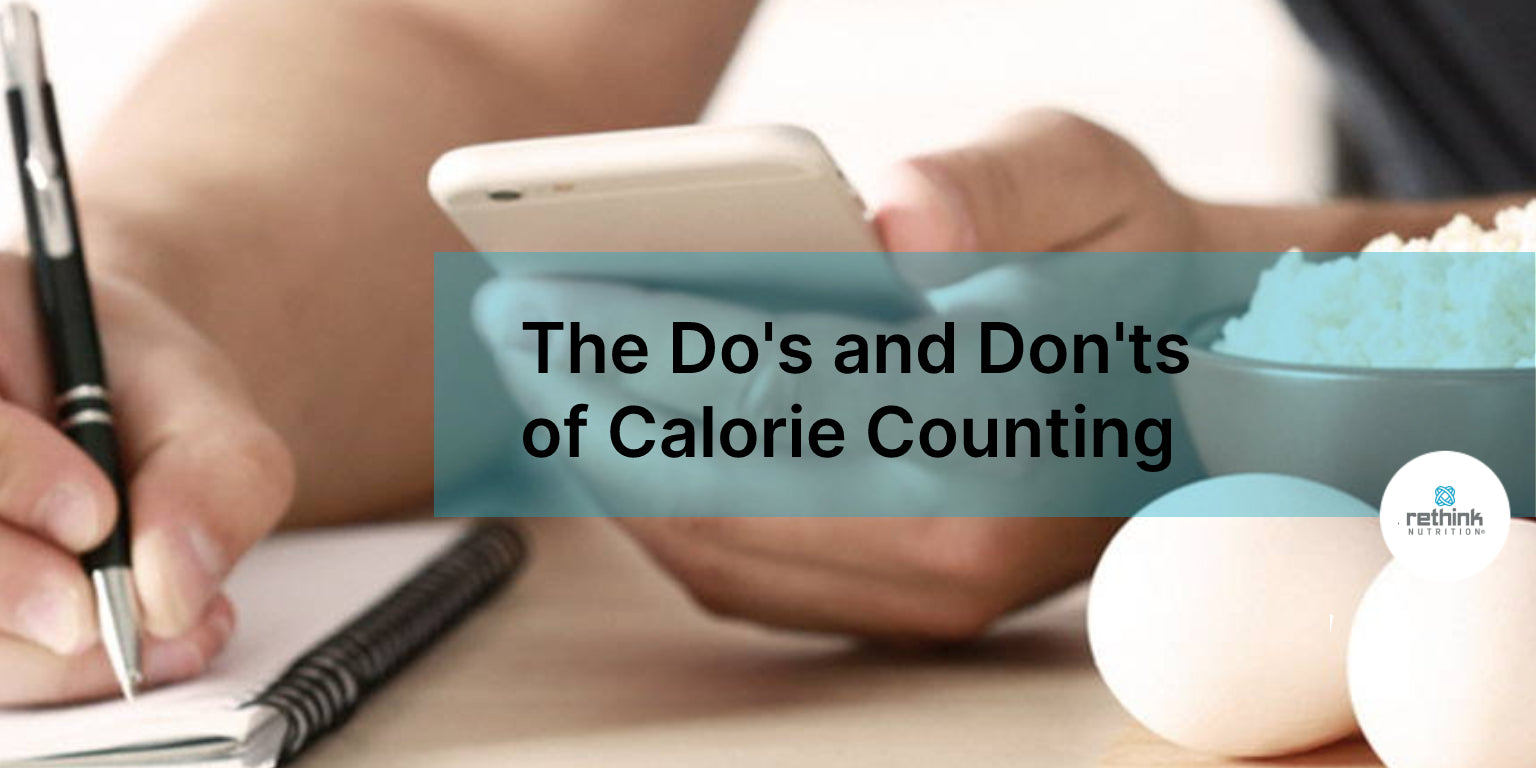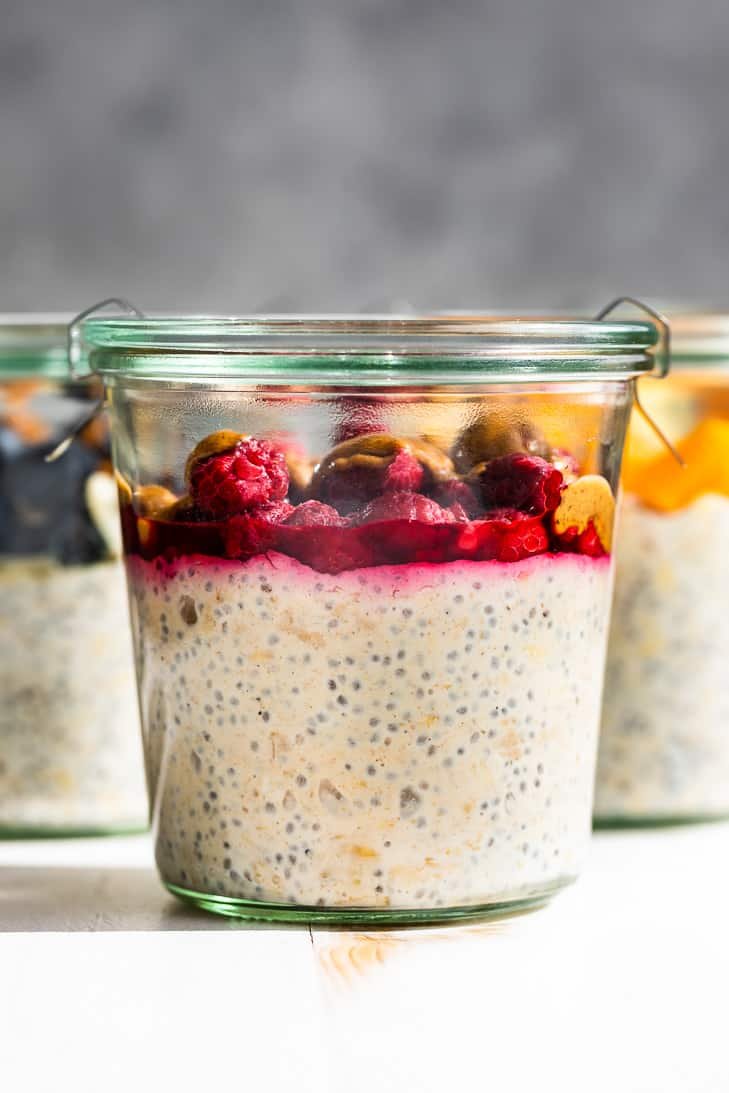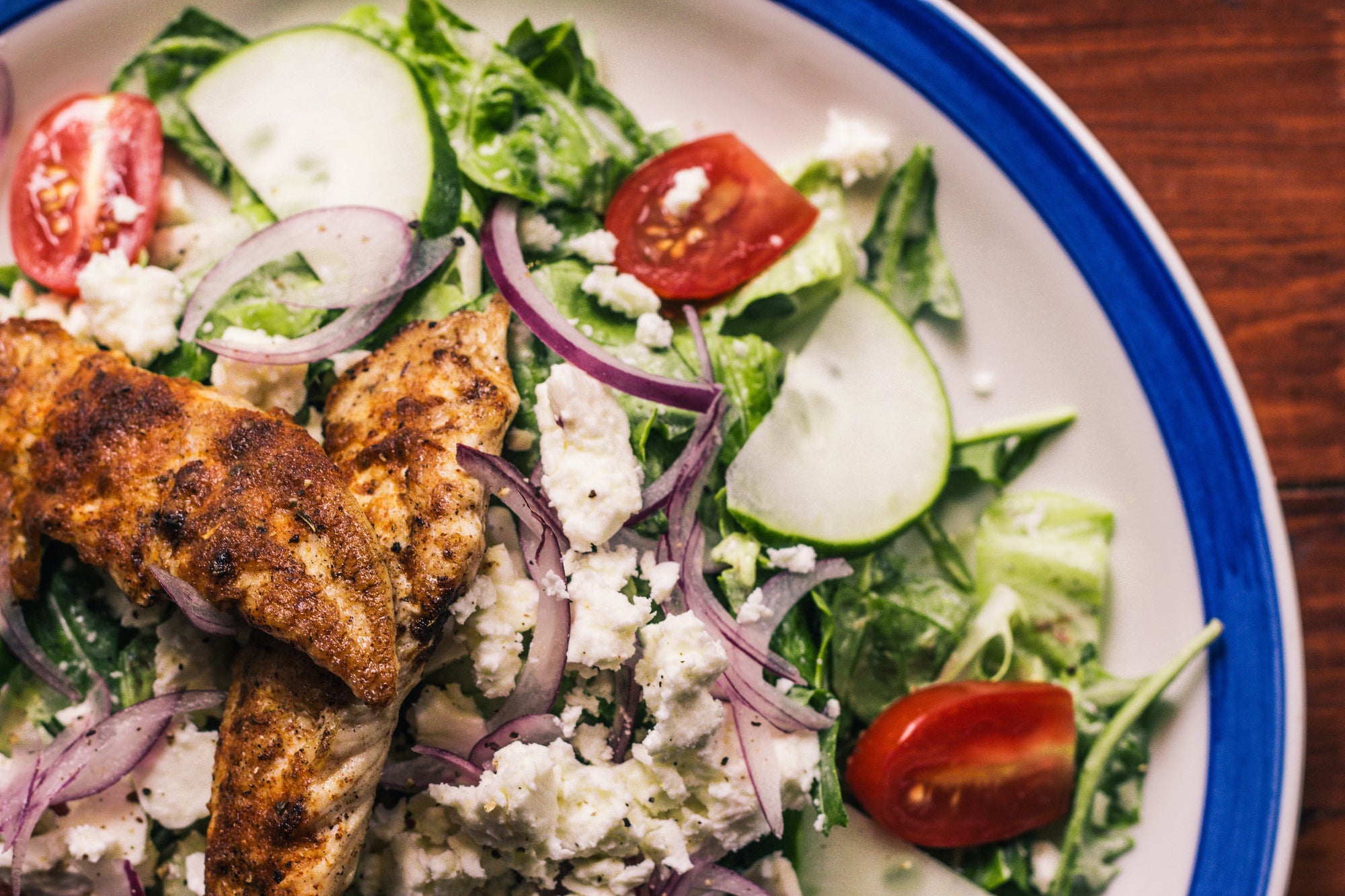It's a complicated matter to count calories. Are all calories made equal, or are some better than others? Fat, carbs, protein, sweets? Here's what to talk to the professionals. Many of you are likely to undertake some healthy daily schedule and diet plan, including calorie control. It can be an immensely complex business to count calories, and if we count calories, are all calories equal? Or would some be better than others?
Humans have not always counted calories. It's something that in the past years or two has become much more widely known. A calorie is a calorie as far as weight gain is involved, and it's straightforward for you to lose weight. It would be best if you were in a calorie deficit. Still, there are many explanations to evaluate your dietary choices on other criteria and just the calories it includes; having things more significant in fiber will keep you feeling full and help with good nutrition.
What is a calorie?

A unit of energy is a calorie. Start bringing out its day-to-day reasons evenly since the body needs calories that include complicated processes right up to basic tasks such as fastening your seat belt every morning. Food groups have calories in various proportions, such as carbohydrates, proteins, fats, and fiber. If you want to enhance your weight loss results, considering every calorie you eat and burn is crucial. A gram of protein or carbohydrate contains four calories, and a gram of fat contains eight calories.
What Is Calorie Counting?

The technique of recording the calorie (or kilojoule) quantity of every food and drink you eat each day is calorie control.
It can be accomplished using a food journal, an application, or simply recording a spreadsheet with the data. Alternatively, calorie-based meal plans can be organized and then accompanied precisely in advance.
The Do's of Calorie Counting
Do use a calorie-tracking app on your phone: If you use software and apps to aid you, you are more likely to get an insightful understanding of your food intake. Make sure you're on your phone with Lifesum to help you out. Affordable than your favorite frappuccino is the premium edition. It's worthwhile!
Do develop a habit of writing stuff down: Get into the process of checking it down regularly if you eat or drink anything. It will allow you to see how minor pleasures make a big difference to your performance during the day.
Do find anything which suits your personality: While digital tools can frequently work for individuals sitting in front of a computer, others may choose applications or a simple notepad to help them achieve their goals. Find the solution to calorie-counting that appeals to you.
Do start breaking down the necessary nutrients: Be sure to log things like fat, carbohydrates, and protein, as well as track the full amount of calories you eat per day. By removing items like trans fats and growing your fiber and protein intake, will boost your wellbeing.
Consider buying a kitchen scale to count calories efficiently. Digital scales are necessary. Measurements will assist you in calculating how large a serving size is approximate. You don't have to use measures for every serving, but weigh a proportion every time you consume a new food so that you understand how much to eat. Using the serving size data displayed on the nutrition facts tag, you will get the right calorie count because you know how many grams are in your portion.
The Don'ts of Calorie Counting
Don't focus purely on your consciousness: It's impossible to recall the accurate figures of every calorie you eat nearly every day, whether your diet or not. The best option to assist you out on this assignment is Lifesum!
Don't assume: People usually underestimate portion sizes, which is why we can seamlessly overeat a lot of food. Consider investing in a portion measuring tool if you want to get the proper amount of each food into your diet.
Don't overlook snacks: A common mistake made by calorie counters will neglect to think about tiny snacks and bites. Sadly, your number leads to anything and everything you consume.
Don't just monitor calorie intake: Yes, when you're looking to lose weight, it's crucial to know your total calorie intake every day, but you still need to ensure you're providing the right nutrients. If, for instance, you're trying to develop lean muscle, you need a lot of protein.
Although the tallying of calories can be a terrific way to enhance your weight loss, you need to do something with care. It can be hazardous to agonize on every calorie, and it may even entail that you neglect other significant aspects of weight loss, such as physical activity. While it's pleasant to look at food in numbers, instead of worrying about the various effects that different substances can have on our body, try to remember that calories are not everything-all and all-end-all.
Understand, while dropping weight and improving your health are much more than jotting down every calorie you consume, keeping track of the food you eat can make you recognize your dieting habits effectively.




